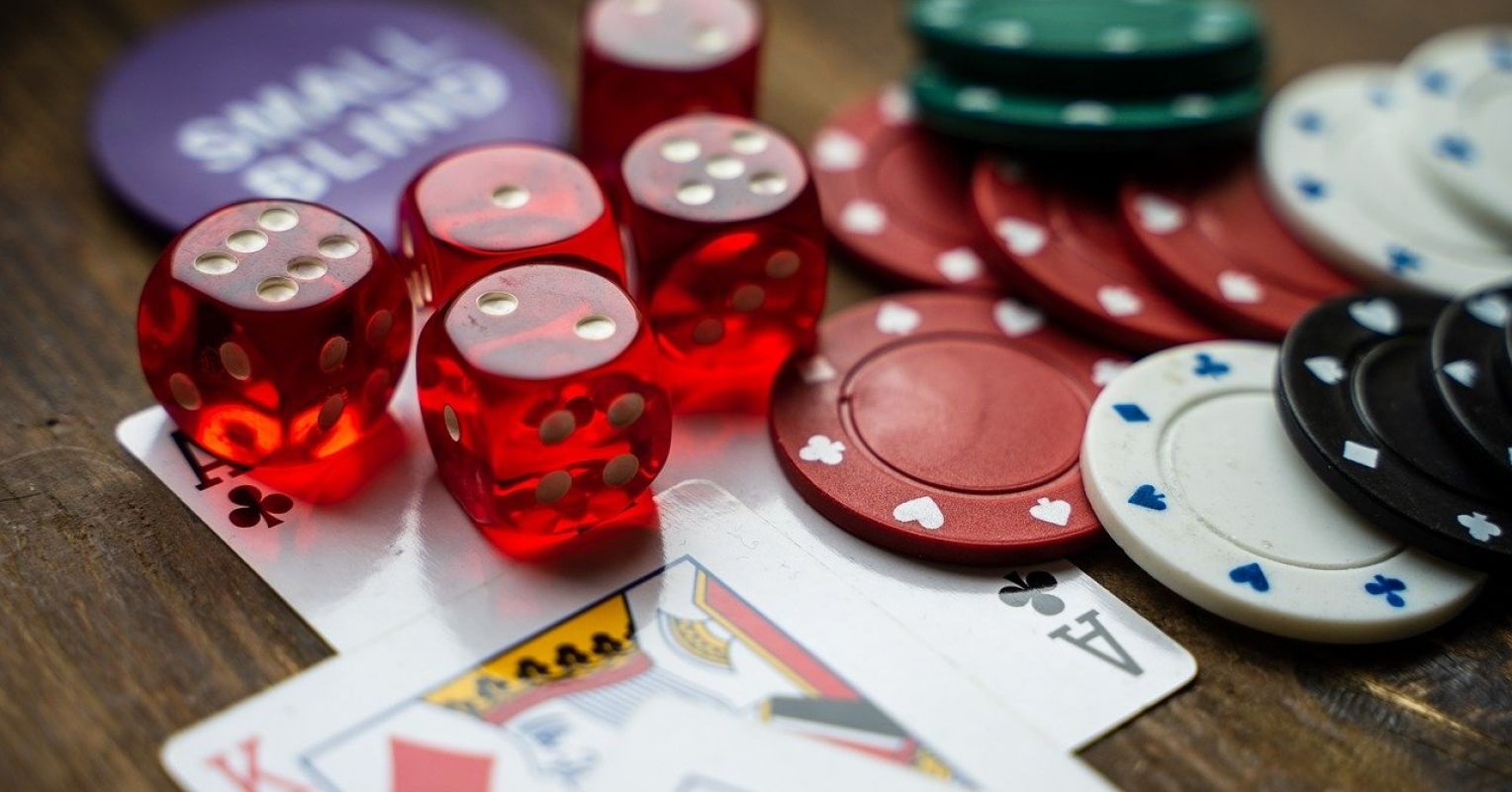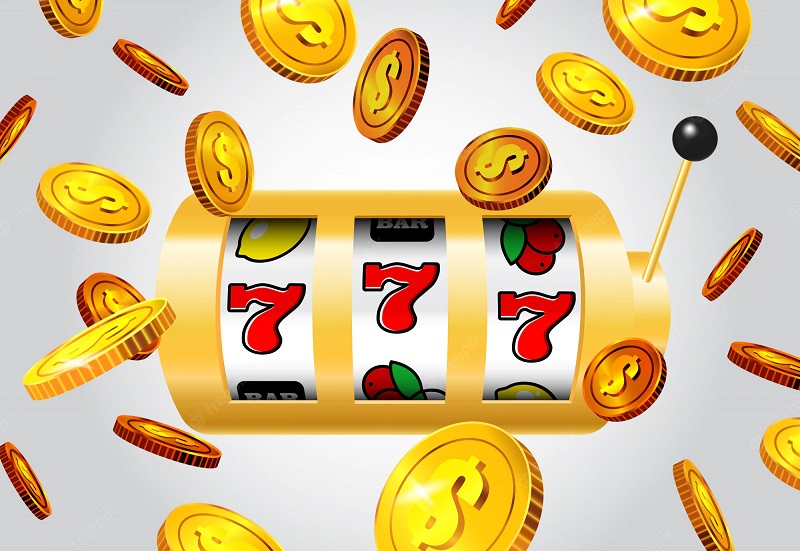Live online casinos in Singapore have grown into a bustling digital arena, offering a variety of games and the promise of luck. Beyond algorithms and chance, the psychology of luck has a big impact on success within the virtual walls of online casinos. This essay dives into the complex relationship between the mind and online casino outcomes, offering insight into how perceptions and thought patterns influence the gaming experience.
Beliefs and Expectations
One’s thoughts regarding luck might have a significant impact on their gaming path. Those who believe in their luck approach games with confidence, which affects their decisions and overall experience. Recognising the role of chance might help you cultivate a happy outlook. Balancing optimism and a realistic awareness of probability can result in a more enjoyable gaming experience.
The Gambler’s Fallacy
The Gambler’s Fallacy is the false idea that past outcomes impact future results in games of chance. For example, if a particular event hasn’t occurred in a while, some players may mistakenly expect it to happen shortly. Maintain a probability-based perspective. Each gaming round is independent, and prior results do not predict future outcomes. Adopt a reasonable knowledge of chance to avoid falling victim to the Gambler’s Fallacy.
Risk-taking Personality
Individuals who enjoy taking risks may place big wagers in order to experience the excitement of high-stakes gaming. Risk-averse players, on the other hand, may prefer safer bets and play more cautiously. Understand your risk tolerance. Customise your gaming strategy to match your comfort level. A balanced approach to risk might increase your pleasure in online casino games.
Emotional State
Winning brings excitement, while losing can cause sadness or frustration. Emotional states influence decision-making, and players may place impulsive wagers as a result of overwhelming emotions. Practise emotional management. Take a break to reset after a big triumph or loss. Making judgements in a calm and sensible manner enhances the entire gaming experience.
Superstitions and Rituals
Some players follow rituals or superstitions, believing that certain behaviours or routines would bring luck. Wearing lucky charms or betting in a specific order are some examples. Recognise superstitions as personality peculiarities. While they may add some excitement, keep in mind that the outcome is ultimately determined by chance. Maintain a level-headed approach to gameplay.
Cognitive Biases
Cognitive biases, such as confirmation bias and overconfidence, can influence decision-making. Players may selectively perceive facts to conform with existing assumptions, resulting in poor decisions. Develop awareness of cognitive biases. Approach each decision with a critical perspective, questioning assumptions and ensuring that choices are sensible in nature.
Conclusion
The psychology of luck creates a complicated tapestry in the world of online casinos, influencing perceptions, decisions, and the whole gaming experience. Understanding and navigating the impact of beliefs, the Gambler’s Fallacy, risk-taking habits, emotional states, superstitions, and cognitive biases can help players improve their online casino experience. A thoughtful and strategic approach to the interplay of mind and luck improves not just the chances of success, but also the enjoyment gained from the dynamic world of online slots and casino games.




